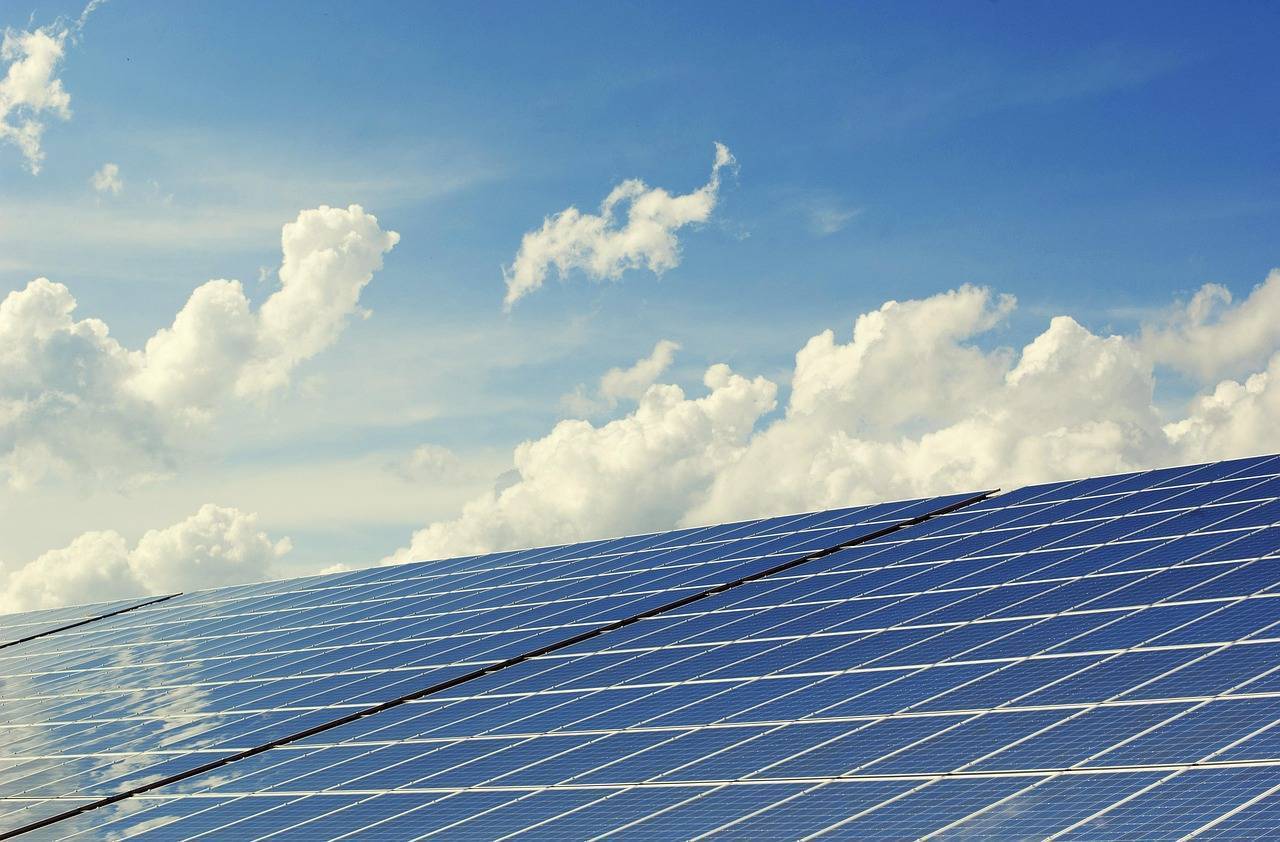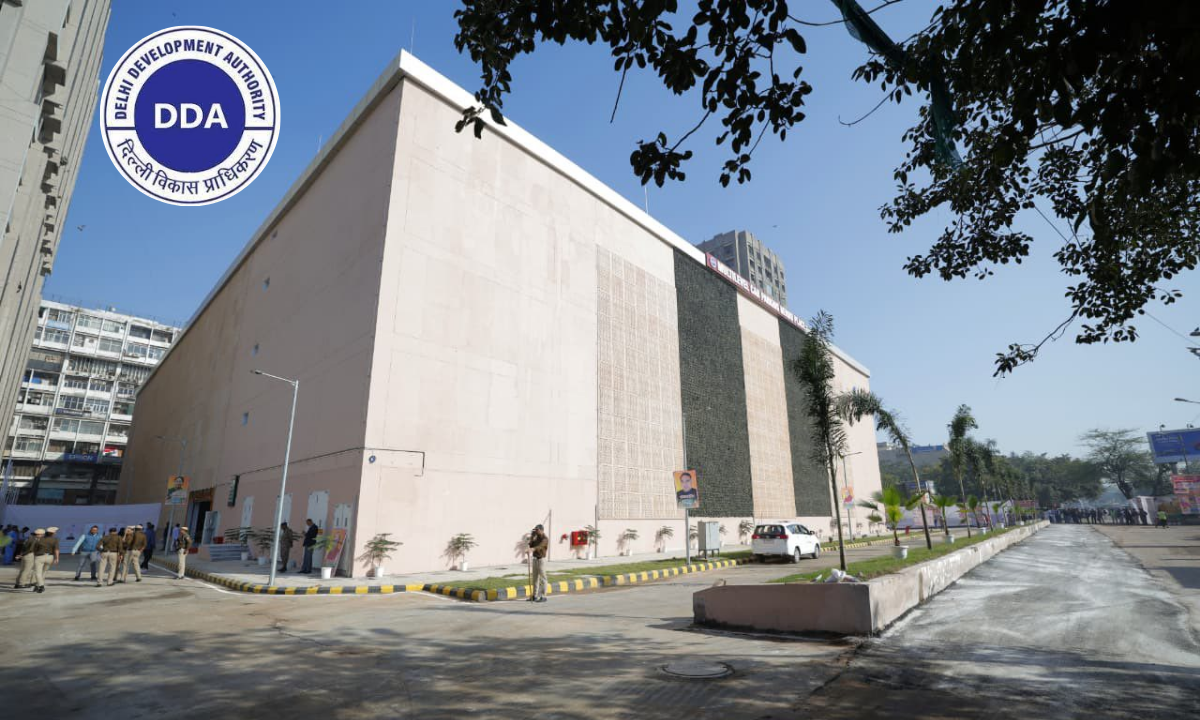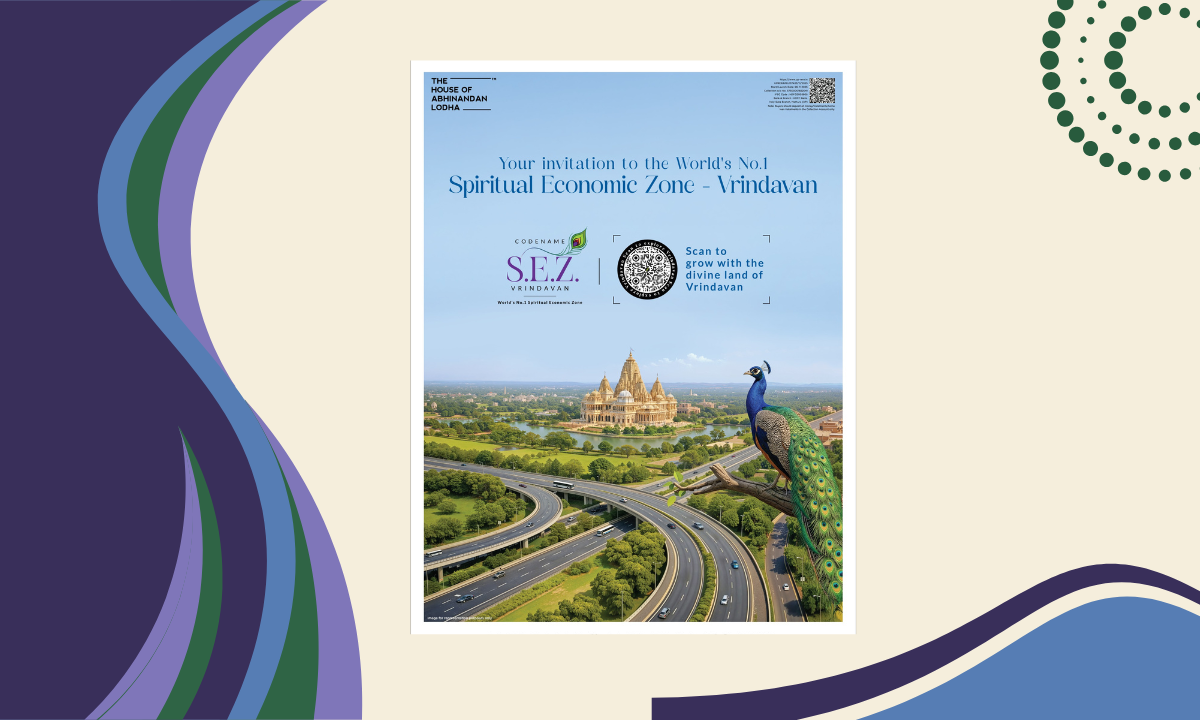India is set to accelerate its highway infrastructure development with a massive investment plan targeting ₹10 lakh crore, signaling one of the country’s largest road-building drives. According to officials from the Ministry of Transport, after a brief slowdown last year due to a delayed highway project, the sector has regained momentum with projects worth ₹2 lakh crore already awarded this year and an expected ₹5 lakh crore more to be awarded by March 2026.
The government’s ambitious goal is to achieve the construction of 100 kilometres of highway daily, nearly three times the previous record of 37 kilometres per day. This accelerated pace aims to significantly improve connectivity between cities, reduce logistics costs, and enhance India’s competitiveness in manufacturing and exports.
The Ministry is overseeing a transparent and timely awarding process, ensuring that funding does not become a constraint in achieving these targets. This comprehensive infrastructure push is expected to have a transformative impact on the economy by facilitating smoother and faster movement of goods and people across the country.
An important dimension of this drive is the emphasis on sustainability. The Ministry of Transport is actively collaborating with industry stakeholders to promote the use of green technology in highway construction. This includes encouraging the adoption of alternative fuels in construction machinery, such as biofuels and flex engines, by offering incentives like interest-free loans to manufacturers producing such equipment.
Further support measures under consideration include waiving one-time taxes on the registration of machinery powered by clean technology. These steps aim to reduce the carbon footprint of the transport and construction sectors and align infrastructure development with India’s climate goals.
Experts note that India imports fuel worth approximately ₹22 lakh crore annually, with a large share consumed by the transport sector. Shifting to alternative fuels in vehicles and heavy machinery could substantially reduce this import dependence, lower emissions, and contribute to energy security. This green transition is seen as a key step towards building a low-carbon, resilient infrastructure network across the country.
The highway expansion is also expected to drive growth in the construction equipment market. As demand for new machinery rises, there is an opportunity to boost domestic manufacturing of sustainable construction equipment. This could position India as a global leader in environmentally friendly construction technology, further strengthening the sector’s economic and environmental performance.
Industry analysts observe that integrating green technologies in infrastructure projects will not only improve operational efficiency but also enhance the sustainability credentials of India’s road development initiatives. This approach reflects a growing recognition of the importance of climate-conscious investments in infrastructure.
As part of this massive highway push, projects like the Rs 4,900 crore BOT Toll highway awarded to DRA Infracon are examples of the scale and pace of developments underway. Such projects are expected to contribute significantly to the government’s broader objectives of connectivity, economic growth, and environmental responsibility.









.png)